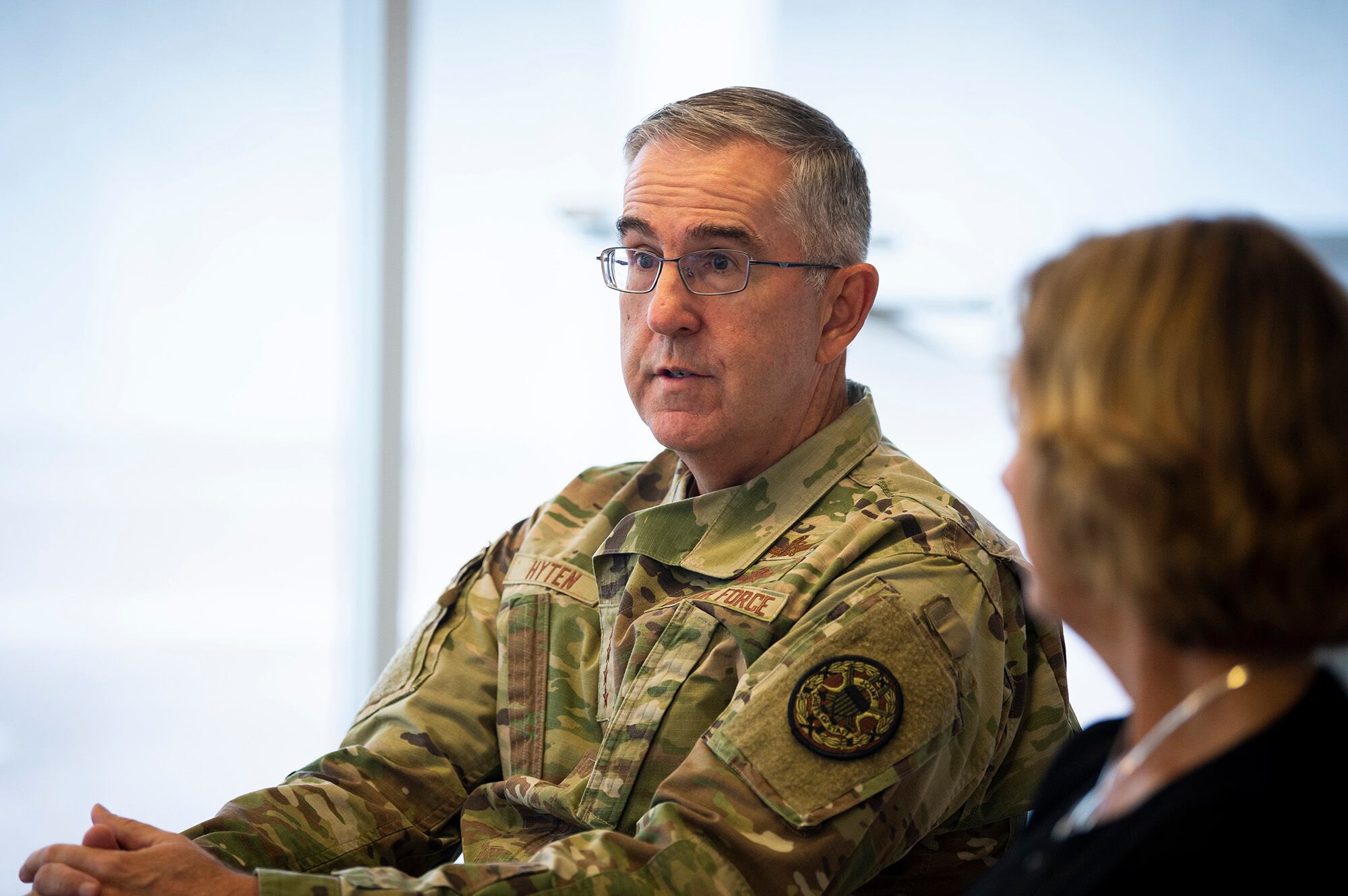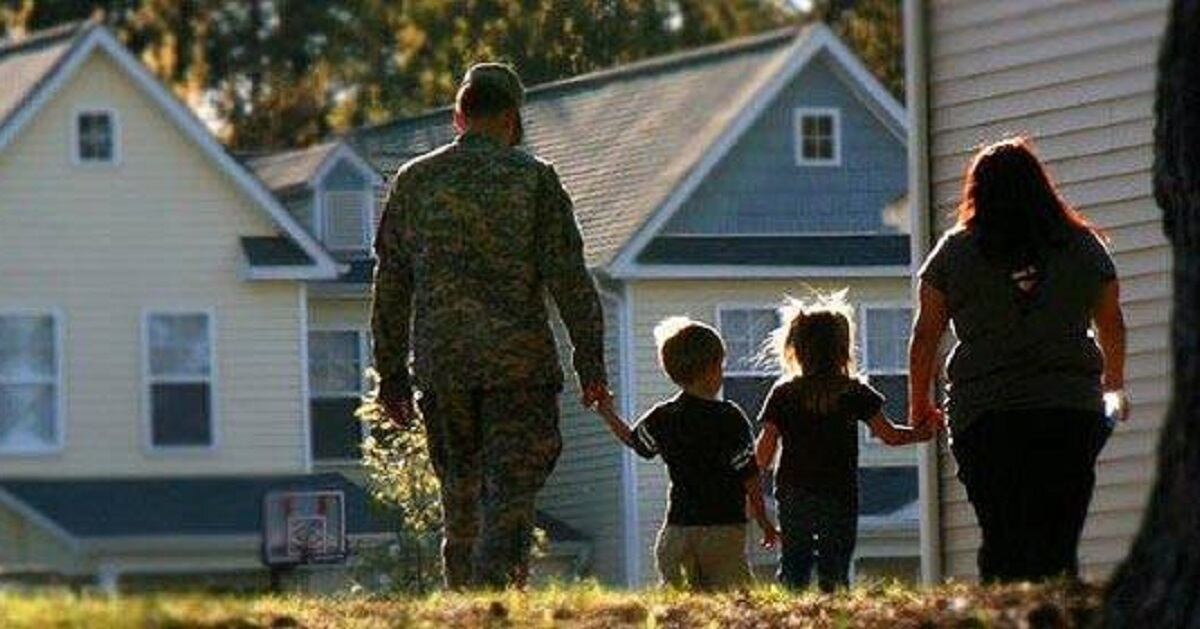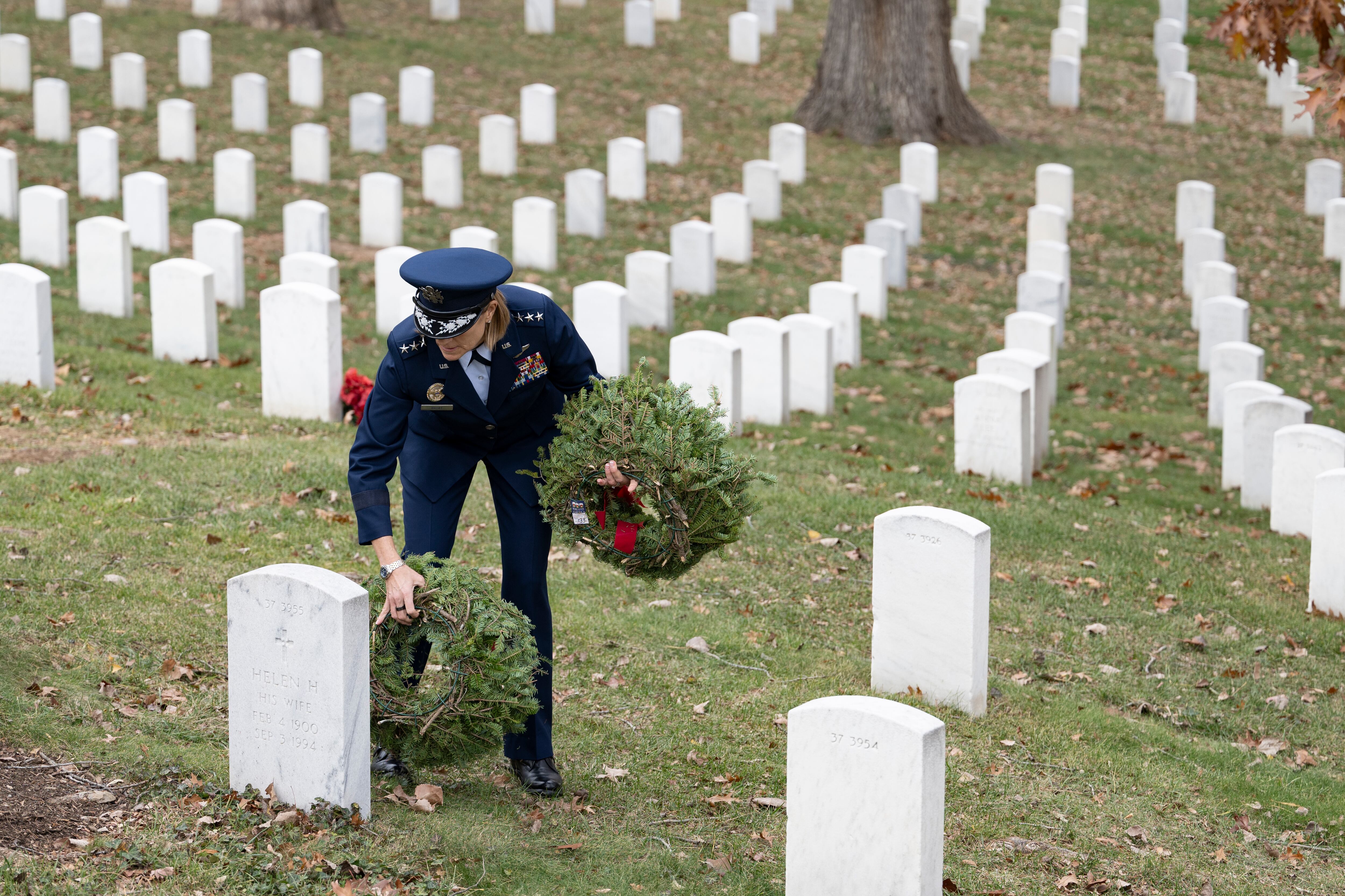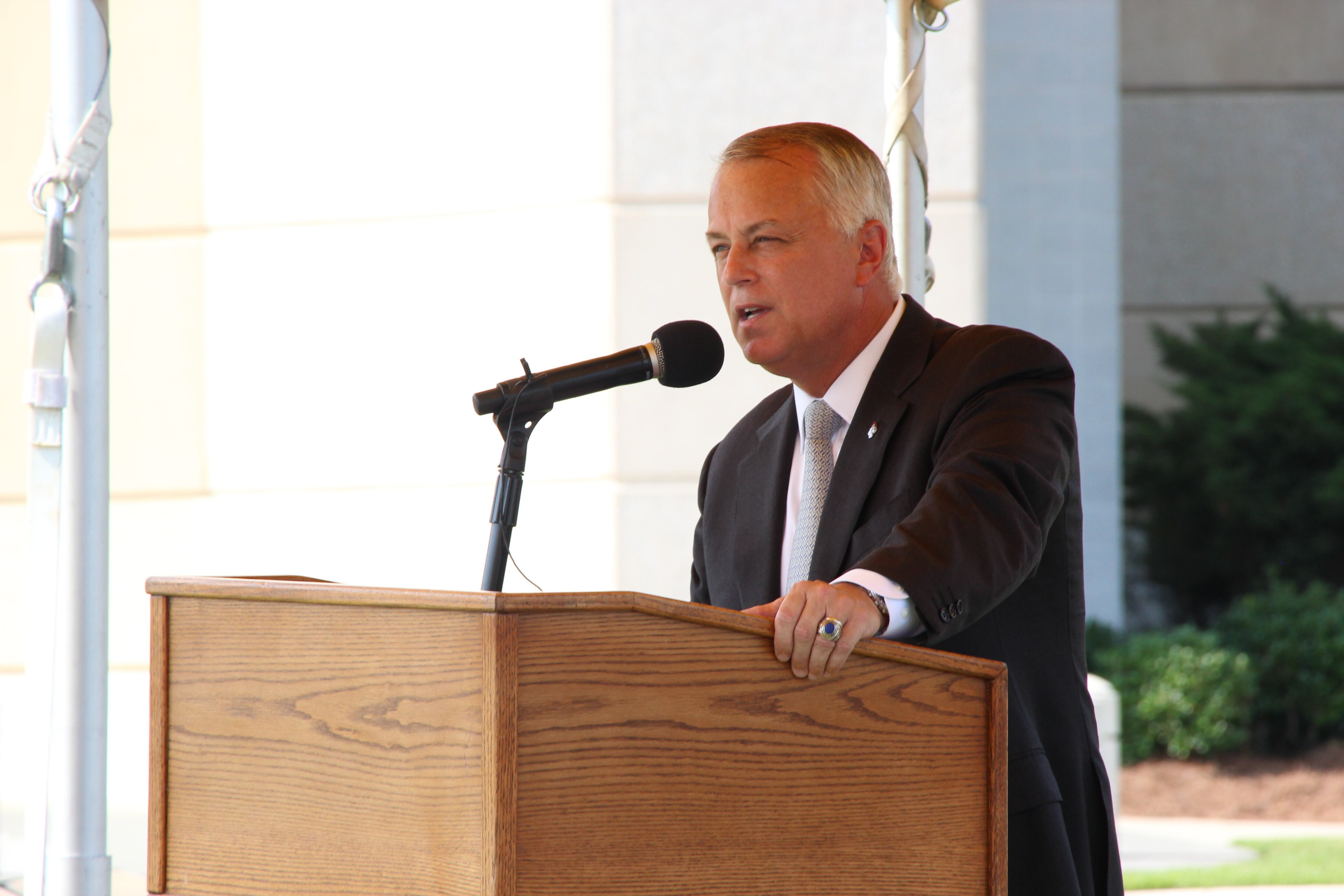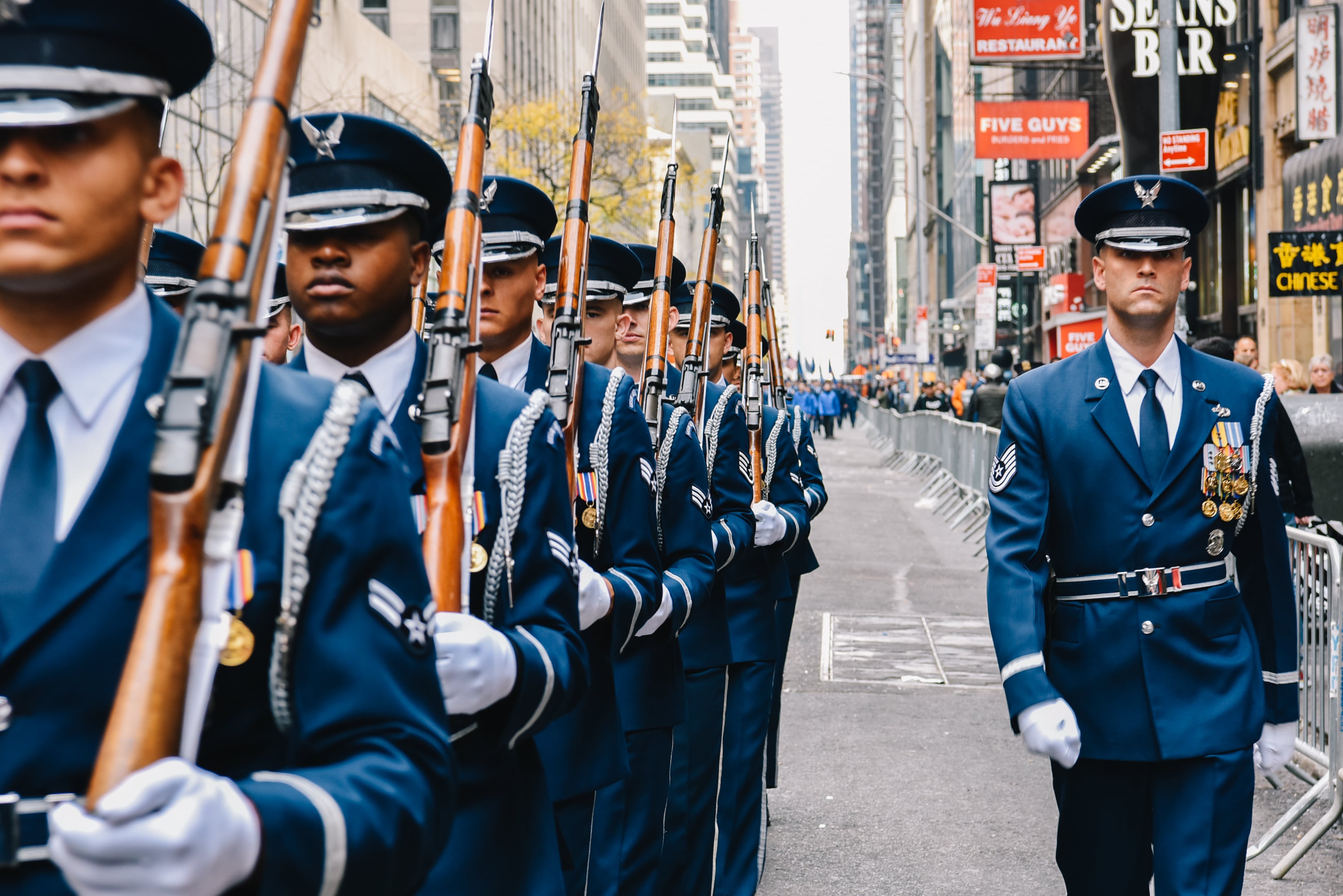WASHINGTON — With one month before the vice chairman of the Joint Chiefs of Staff, Gen. John Hyten, retires, the Biden administration has not yet announced a nominee to replace him.
And experts worry that, even if a nomination were to come in the next few days, time is running out to get a new vice chair approved before Hyten’s term expires Nov. 21. Having a gap in the vice chair position could create multiple problems as the Pentagon does crucial work on future budgets and resource allocations, they say.
“Holy smokes, there’s no vice [chair] nomination pending,” Arnold Punaro, a former Senate Armed Services Committee staff director and retired Marine Corps major general, said in an Oct. 15 interview. “This is really ... uncharted waters. I’ve not seen this before.”
But the Joint Staff has discussed how to handle Hyten’s multiple — and critical — roles and responsibilities if a successor is not in place a month from now.
A defense official with knowledge of the process told Defense News Hyten would likely spend some of his final days in office delegating his duties to other officials on the Joint Staff during the period before his successor is sworn in. Those officials could include Vice Adm. Lisa Franchetti, director for strategy, plans and policy, or Lt. Gen. James Mingus, director of operations for the Joint Staff.
But, the official said, there would not be an acting vice chairman named. And he said he expects only officers from the Joint Staff, not from individual services, to be tapped to fill in for Hyten.
The Office of the Secretary of Defense referred other questions about the status of the nomination to the White House, which declined to comment.
Politico reported U.S. Fleet Forces commander Adm. Christopher Grady is the likely nominee to be the next vice chair, but noted Adm. Charles Richard, head of U.S. Strategic Command, has also emerged as a contender.
But even if Grady, Richard or someone else were to be nominated in the next few days, experts say, it would likely take weeks to properly vet them, hold a Senate nomination hearing and bring them up for votes in the Senate Armed Services Committee and full Senate.
Retired Air Force Gen. Herbert “Hawk” Carlisle, former head of Air Combat Command who now is president and chief executive of the National Defense Industrial Association, said Oct. 20 he’s nervous about the delay and the potential for the Joint Chiefs to have no vice chair during a key budgetary period.
“If that happens, that would be really detrimental, potentially very harmful to the Department of Defense,” Carlisle said.
Punaro said he can’t recall any time in his four decades in the defense world when the vice chair nomination has been cut so close.
“This is the second-most senior military official in the entire Pentagon,” Punaro said. “The vice chairman of the Joint Chiefs of Staff is not something that should be done at the last minute.”
And with Congress already stressed and juggling multiple high-stakes bills — including contentious negotiations over reconciliation and infrastructure bills, appropriations bills and the debt ceiling in December — its bandwidth for taking on the nomination process in a short timeframe is limited.
But experts said those duties are so important they need a vice chair in place.
For example, Punaro noted, Hyten serves as co-chair, along with Deputy Secretary of Defense Kathleen Hicks, of the Defense Management Council. This council makes major budgetary decisions, particularly needed now that the review process is underway for the fiscal 2023 program objective memorandum, which helps set the services’ plans for how they will allocate future resources.
The vice chair also leads the Joint Requirements Oversight Council, which supervises the development of new capabilities and acquisition efforts and helps set the direction for the military’s procurements decades in the future.
Carlisle said that council’s work needs someone in charge, particularly as the military continues to stand up the Space Force, improve cyber capabilities and adjust to focusing on great power competition against potential adversaries like China and Russia.
It’s unclear what is delaying the nomination.
Wes Hallman, senior vice president for strategy and policy at NDIA, said the lack of a vice chair nominee tracks with the overall slow pace of DoD nominations coming from the White House. That lack of urgency concerns NDIA, he said.
“This is not a ceremonial position,” Hallman added. “This is a real position of impact.”
Punaro said he doesn’t think the Pentagon is the holdup, but it’s possible the nomination is bottled up somewhere in the White House’s bureaucracy. If that’s the case, he said, the Pentagon is probably pinging the White House on a regular basis to shake it loose.
“I have a hard time understanding what valid excuse there could be for not getting this done in a timely fashion,” Punaro said. “The nomination should already be in the Senate.”
It’s also possible extenuating circumstances behind the scenes may be the source of the delay. That could include an issue that emerged in the vetting process.
After his own nomination, Hyten’s confirmation was delayed as Congress investigated new sexual assault allegations. However, he was eventually confirmed.
Whenever the nomination comes through, Punaro said, the Senate Armed Services Committee will move quickly to get it through.
“They’re not going to be happy they got it at the last minute,” he said. “But they’re going to bend over backwards to do a thorough hearing, an objective hearing, not cut any corners. There’s still time to get this through so there’s no gap. … But we’re running out of airspeed and altitude.”
Stephen Losey is the air warfare reporter for Defense News. He previously covered leadership and personnel issues at Air Force Times, and the Pentagon, special operations and air warfare at Military.com. He has traveled to the Middle East to cover U.S. Air Force operations.
